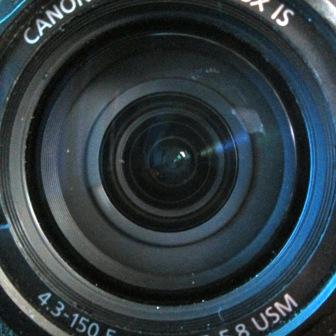Tag: court rules

Photo and Video Evidence: Always Allowed in Court?
Photographs and video present some of the most effective evidence possible in court. In the dark ages of photography it took a small investment to buy or rent video equipment. But now, almost everyone has a basic camera at their fingertips through a cell phone. So, it’s hard to imagine […]

Spoliation of Evidence: Penalties Available in Civil Law
Spoliation of evidence occurs when a relevant document or physical evidence is destroyed, altered or intentionally withheld. Courts can impose punitive sanctions against those who damage or destroy evidence. The legal theory holds that a party’s destruction of evidence shows consciousness of wrongdoing or motive to avoid evidence. Spoliation of […]

Discovery in Civil Litigation
A “search for the truth” is the idea behind the discovery phase of civil law suits. Hollywood keeps movie viewers in suspense, telling a tale but holding back on a final nugget of truth until a secret witness shows up in court at the end revealing “the truth”. Forget all […]

Minor Settlements: Why is Court Approval Required?
Minor settlements, personal injury settlements for those under the age of minority, often need court approval before funds are released. Here’s the problem: minors lack legal capacity to make binding decisions. Minors in most cases can’t sign enforceable contracts. So, an insurance release cannot bind a minor. This contradicts the basic […]

PERSONAL INJURY: Liability – No “Guilt” or “Innocence”
“Guilt” and “Innocence” exist in criminal law, not civil negligence law. Concepts of guilt or innocence refer only to criminal matters, where an individual faces prosecution by the government at some level. Even in an accident caused, allegedly, by a person running a red light, the light runner is not […]

Depositions: How To Behave
Oath at Depositions Depositions start out with you being asked to raise your right hand and to swear or affirm that the testimony that you are about to give is truthful and accurate. No brainer. But, I’ve seen people thrown off by the question because they did not expect it. Stenographer The […]

One Person’s Trash – Another Person’s Evidence
Q: How do I keep my trash private? I’m involved in a court suit and my trash disappeared before the trucks came and I don’t think that’s right. A: Get a paper shredder. Once trash is placed outside, there’s no reasonable expectation of privacy. It’s not a pretty picture, but […]

PERSONAL INJURY – Rules of Evidence
Evidence never gets into court without passing the rules of evidence. Courts admit evidence only when it complies with rules, statutes and case law comprising evidence law. Winning a case requires mastery of the rules of evidence. Rules vary from state to state and even from court to court. One reason to have a lawyer, among others, is […]

Personal Injury: Emotional Distress
Stress infiltrates our lives. Between bills, demanding jobs, nerve-wracking traffic, getting kids to their activities and other worries, who isn’t stressed? How do courts distinguish every day stress from trauma that crosses the line? For years, courts rejected emotional distress claims. They feared “opening the floodgates”. Foreign Objects in Food […]




